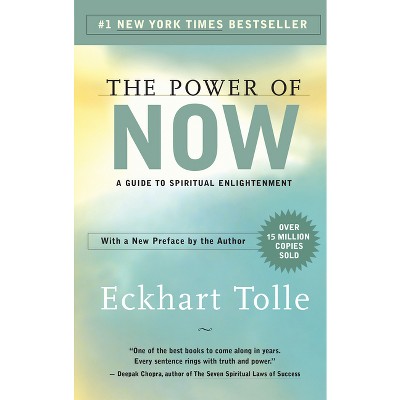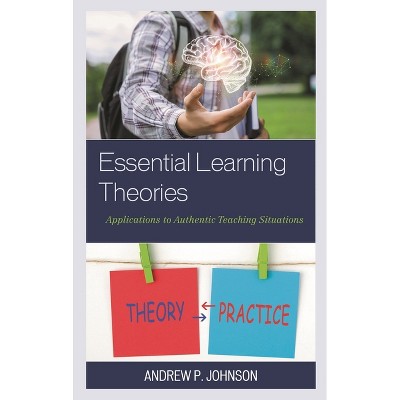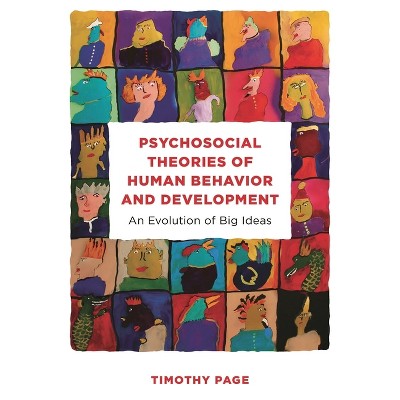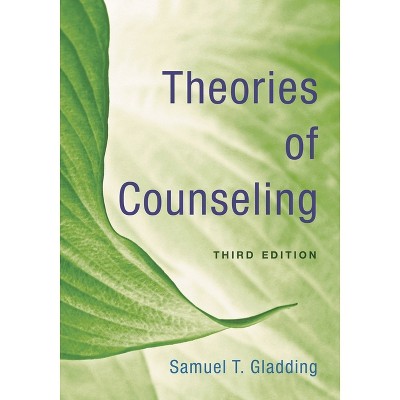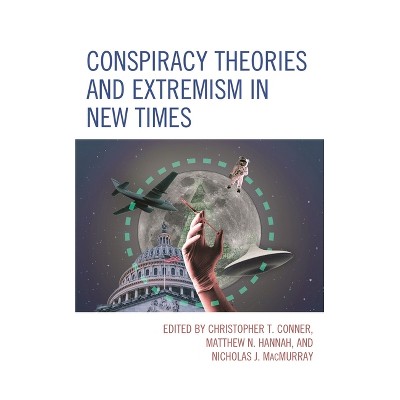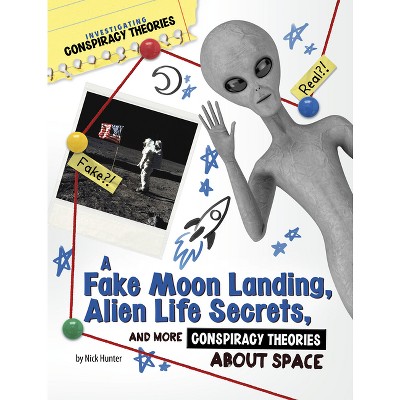About this item
Highlights
- While engaging in rich discussion, Conspiracy Theories analyzes current arguments and evidence while providing real-world examples so students can contextualize and visualize the debates.
- About the Author: Joseph E. Uscinski is associate professor of political science at University of Miami.
- 170 Pages
- Social Science, Conspiracy Theories
Description
About the Book
While engaging in rich discussion, Conspiracy Theories analyzes current arguments and evidence while providing real-world examples so students can contextualize and visualize the debates. Each chapter addresses important current questions, provides conceptual tools, defines im...Book Synopsis
While engaging in rich discussion, Conspiracy Theories analyzes current arguments and evidence while providing real-world examples so students can contextualize and visualize the debates. Each chapter addresses important current questions, provides conceptual tools, defines important terms, and introduces the appropriate methods of analysis.Review Quotes
A good introduction to the current state of knowledge on who believes conspiracy theories and why.
Intriguing. Balanced and insightful.
Joe Uscinski knows the field better than anyone.
The first accessible and comprehensive guide to the research on conspiracy theories in contemporary society.
Uscinski (Univ. of Miami) is a prolific scholar of conspiracy theory studies, a subfield that in recent years has blossomed in several disciplines. In this concise introduction to the academic approaches to this subject, the author aims to "introduce students to the latest research on conspiracy theories," including polling numbers and research conducted by scholars in the two fields most invested in probing conspiracy theories: psychology and sociology. Scholarship on this topic in philosophy, history, and political science is also referenced. Other chapters explain the need to study conspiracy theories, defining the concept and the politics of these theories. Each chapter ends with a bibliography and list of key terms, and endnotes close the text. Since Uscinski focuses on research, readers will need to look elsewhere for details about the actual conspiracies (e.g., the Tuskegee syphilis experiment), conspiracy theories (e.g., the moon landing hoax, QAnon), and conspiracy theory tropes (e.g., false flags, sex-trafficking rings) mentioned throughout. Fortunately, sources for the book run from the most notable scholars to the most implausible conspiracists, and so the bibliography serves as a rich resource for newcomers to the topic. Summing Up: Recommended. All levels.
About the Author
Joseph E. Uscinski is associate professor of political science at University of Miami. He is editor of
Conspiracy Theories and the People Who Believe Them (forthcoming), coauthor of American Conspiracy Theories (2014) and author of The People's News: Media, Politics, and the Demands of Capitalism (2014). He received his bachelor's degree from Plymouth State University, his Master's from University of New Hampshire, and his Doctorate from University of Arizona. He teaches courses on American politics, public opinion, media, and conspiracy theories. His research has appeared in Journal of Politics, Political Research Quarterly, and Critical Review among other scholarly outlets. His essays have appeared in the Washington Post, Politico, Los Angeles Times, Reason Magazine, Eurozine, and Newsweek among other prominent outlets. He has been interviewed by hundreds of national and international media outlets.





